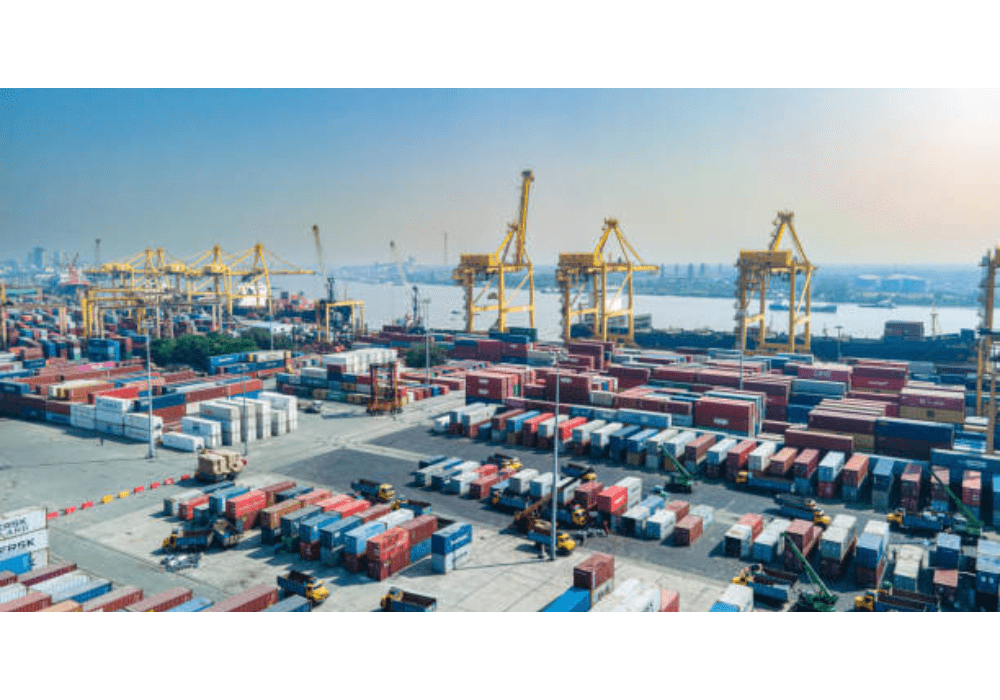The National Board of Revenue (NBR) has introduced a new facility allowing partial exporters in eight non-garment sectors to import raw materials duty-free by providing a bank guarantee. The decision, announced last week, covers processed foods, light engineering, furniture, electronics, plastic products and leather goods.
Previously, businesses that sold part of their production locally had to pay full import duty on raw materials and later claim a refund after exports. This refund system often caused long delays and created barriers for exporters outside the ready-made garment (RMG) sector. Under the new rule, companies can import raw materials without paying duties upfront. Once export proceeds are received, the bank guarantee will be released.
Read More: Chattogram Port to Go Fully Digital by February 2026
The move is seen as a step toward reducing Bangladesh’s heavy reliance on garment exports, which have accounted for more than 80 percent of export earnings since FY 2013-14. Despite a Tk 941 crore government project launched in 2017 to promote other sectors such as leather, footwear, plastics and light engineering, the dominance of garments has continued. The project cost has now risen to Tk 1,264 crore, according to planning ministry documents.
Industry leaders welcomed the decision. Selim H Rahman, chairman and managing director of Hatil Furniture, said this was a “long-standing demand” and would help Bangladeshi manufacturers enter new markets. He noted that high import tariffs had previously made it difficult for value-added local products to compete globally.
Ferdous Ara Begum, CEO of Business Initiative Leading Development (BUILD), said many small and medium-sized enterprises that export partially could not access bonded warehouse benefits under the old rules. “This change opens new doors for SMEs that serve both domestic and international markets,” she added.
The facility comes with certain conditions. Exporters must hold confirmed export orders, such as letters of credit, ensure at least 30 percent value addition, and comply with VAT regulations. They will also need approval from the Chief Controller of Imports and Exports as industrial consumers.
Read More: Xiaomi Dismantles Tesla Model Ys to Perfect Its YU7 SUV
NBR officials expressed optimism that the reform will create new opportunities in non-garment sectors. “We expect a big impact. This is a starting step to reduce dependency on garments,” said Mohammad Naziur Rahman Miah, first secretary for customs, export and bond at NBR.
Manufacturers and associations are urging the authorities to ensure smooth implementation so that the policy translates into real export growth. If successful, the facility could mark a turning point in Bangladesh’s long-standing efforts to diversify its export base.


